These two tweet threads about working at Starbucks https://twitter.com/mangiotto/status/1350629396248367104?s=20 and McDonald's https://twitter.com/Nicole_Lee_Sch/status/1350468865810165760?s=20 remind of Jesus' story, the Parable of the Workers in the Vineyard from AD 30 in Matthew 20:1-16.
"Make sure the undeserving don't get too much!" is not Jesus' way.
I realize managing employees, minimum wage, food theft by employees, distribution of extra food, universal health care, and incentives are complex issues. But it is useful to approach them from the standpoint of a hard-working, food service worker.
When you sell something or run a business, don't wring every last dollar of profit that you can, but rather leave some for the poor to get a deal!
https://twitter.com/AndyRowell/status/1304441544364105730?s=20,
YIMBY Let the poor be able to find a place to live in your neighborhood.
I don't know why everyone is talking about minimum wage today but here's another tweet coming to my timeline.
Being a host at Macaroni Grill was mind-numbing and made my feet hurt to stand for hours on the stone floor. Being a golf caddy at a country club was demeaning and humiliating. The only good was the money. (I preferred mowing lawns and painting houses where we had more autonomy).
On the other side, I have been thinking about Cathie Wood who has been the most genius investor the last five years: innovative, collaborative, transparent, ethical. Her video from Friday:
But she wanted Democrats to lose because of fear high taxes and regulations will drive companies to other countries. She believes in the market, companies, capitalism, and competition to bring positive change. I think her ideas can also be heard while still caring for workers.
Another professor:
In my reading, Martin Luther King Jr., in his later years, from 1964 to 1968, more strongly advocated for economic justice for the poor than for racial justice. But in arguing for the former, he was also addressing the latter.
https://twitter.com/AndyRowell/status/1348491861577461760?s=19,
and
Martin Luther King Jr.'s daughter today:
If you wonder whether racism and economic philosophy are related, just remember slavery. Unrestrained capitalism exploits, abuses, enslaves the worker and reaps profit and riches.
But capitalism's hard work and innovation can be good, if there is care and justice for the poor.
One more argument for conservatives made by @mattyglesias is if you want America to thrive as a country (against China), you want lots of babies to increase the population. And people won't have them if economic well-being is super stressful when you're in your 20's and 30's.
More viral tweets on minimum wage as it seems to be one of the hot topics people are talking about today:
https://twitter.com/YasminYonis/status/1350562925728116737
and
And another viral tweet thread on minimum wage.
https://twitter.com/JoshRaby/status/1350582459906351104
What he is saying here is that it is doable for his restaurant if all the businesses do it. (And covid has been terrible for restaurants but that is another issue).
Still pondering economic conservatives fear of taxes, I will also say that I have been skeptical that Republican politicians know what is best for the economy since 2013.
https://twitter.com/AndyRowell/status/294821935504838656?s=19
And indeed the stock market tends to do better under Democratic presidents.

Originally tweeted by Andy Rowell (@AndyRowell) on January 17, 2021.




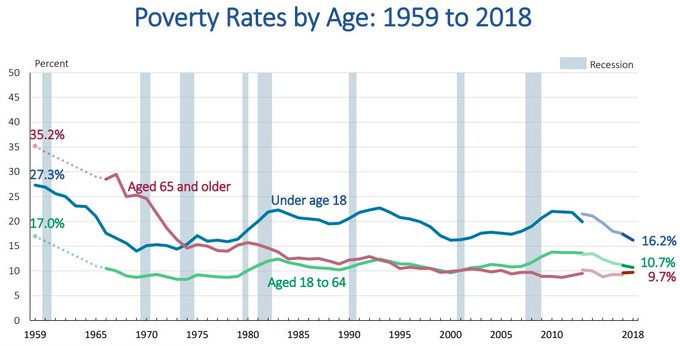
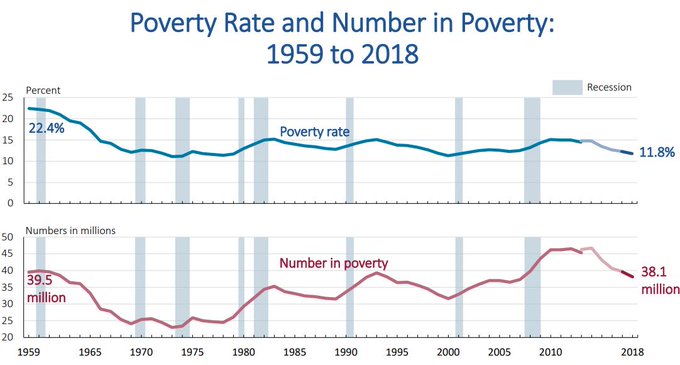
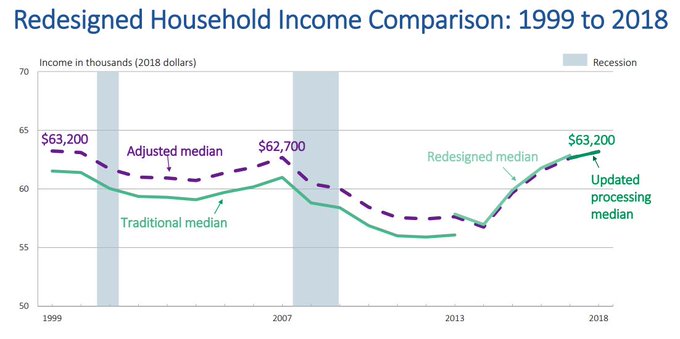
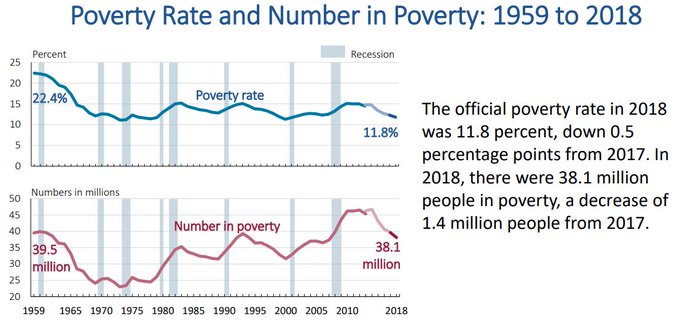
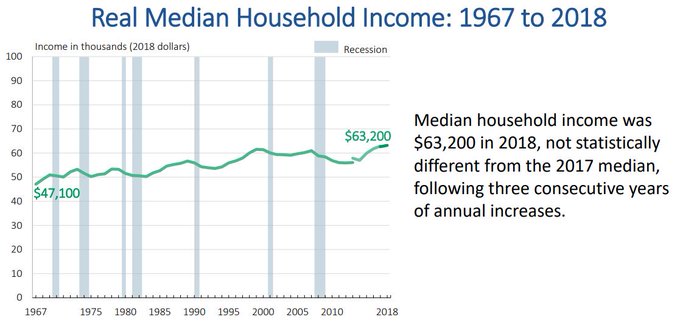


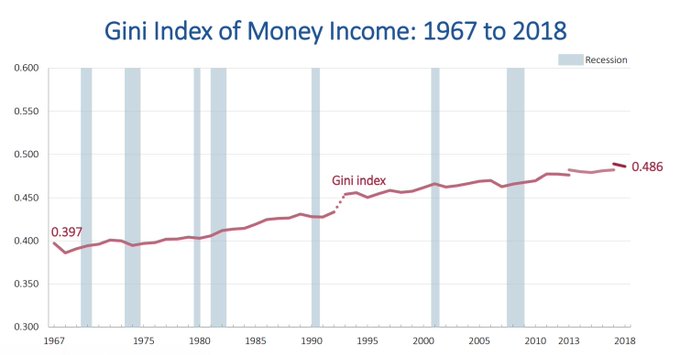
 Andy Rowell @AndyRowell
Andy Rowell @AndyRowell